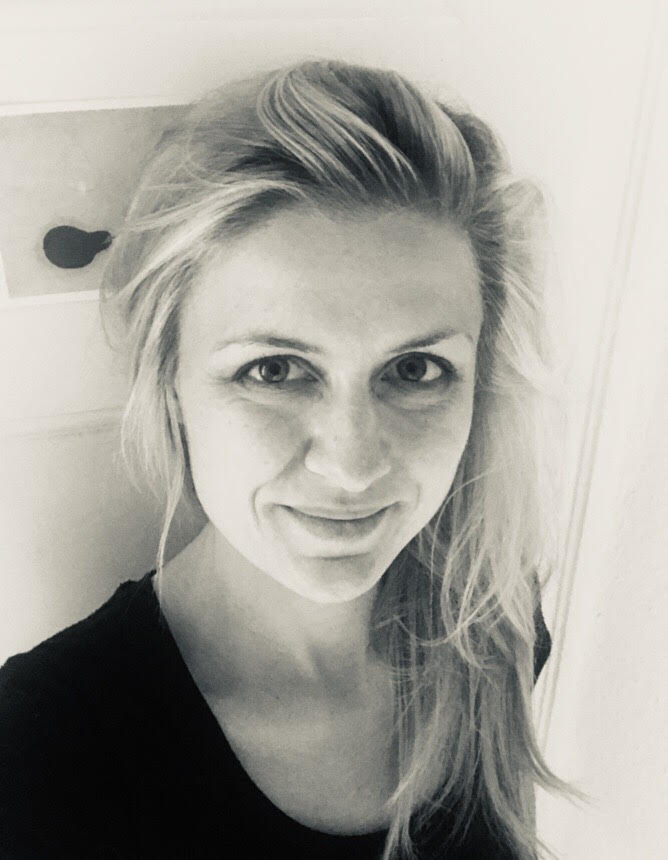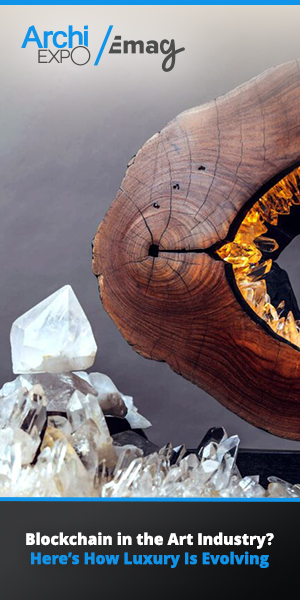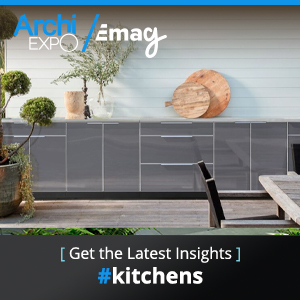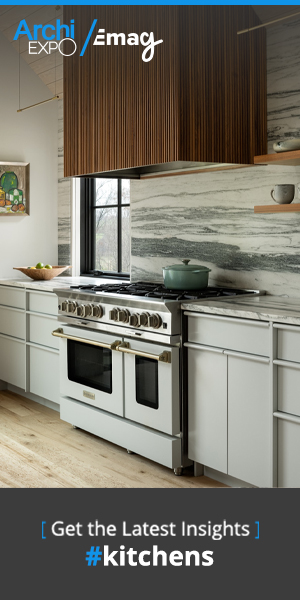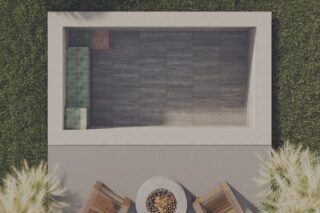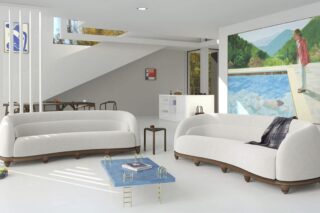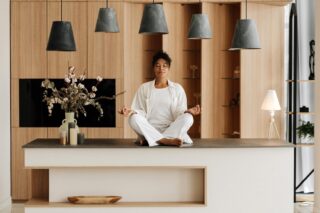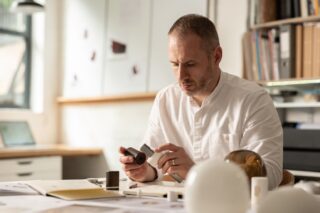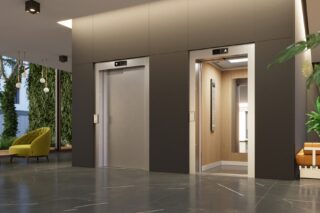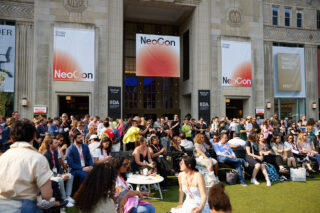Tiny house vacations are becoming increasingly popular among metropolitans, not least in Germany. Catch our interview with the CEO of German start-up Raus to discover their mark in the industry.
Spending your free time in a quiet, undisturbed atmosphere outdoors is not a niche any longer, but a thorough trend, according to Julian Trautwein, Co-Founder and CEO of Raus. Founded in 2023, the Berlin-based hospitality tech start-up develops sustainably designed contemporary retreats in the countryside. In our interview, we learn more about the tiny house hospitality industry, the design and construction of tiny houses, and the future of Raus.
ArchiExpo e-Magazine: Could you tell us about your start-up idea?
Julian Trautwein: In 2020, we started wondering if the way we were living our lives was actually still sustainable and healthy. Johann, Christopher, and I were living in Berlin and Hamburg enjoying all the benefits of a metropolis, the never-ending variety of restaurants, cultural offerings, and career opportunities. This constant need to choose is not always soothing, though. Especially amidst the COVID lockdowns, we developed a yearning for the countryside. Nature’s clear air, vast openness, and the quiet, undisturbed atmosphere are simply unrivaled. Thus, we came up with the idea of creating an equilibrium – a place with seamless access to nature where guests find balance in their stressful everyday lives. With our tiny houses, which we call cabins, we offer a smart and sustainable solution for the need to unwind in nature without necessarily having to reduce the level of comfort or experience.
Our team has grown to more than 40 people, including in-house architects, product developers, engineers, and developers working on our physical cabin design and our proprietary technology to continuously enhance our guest experience. We also collaborate with selected external architects and interior curators, most prominently for our all-black cabin model at our location Schlossgarten which was designed by architect Sigurd Larsen.



ArchiExpo e-Magazine: How many tiny house locations do you have as of today?
Julian Trautwein: Currently, we operate over 50 cabins across Germany, ranging from really secluded locations where you can reconnect with nature by yourself in the forest to our so-called Lodges, community locations with up to eight cabins including facilities such as saunas, hot tubs, and a campfire area to enjoy nature together with friends and fellow outdoor lovers.
ArchiExpo e-Magazine: Why does this meet a need of our time?
Julian Trautwein: Research shows, 80 percent of Gen Z are online more than five to nine hours a day. Statistics also reveal a 40 percent increase in burnout throughout our society compared to 2019. With that in mind, Raus is very close to today’s zeitgeist. Many people question if our culture of overconsumption, digitization, and urban surroundings is actually making them happy. Reconnecting to nature and a minimalist lifestyle appears to be a better path to a fulfilled life.
ArchiExpo e-Magazine: How about today’s excessive need for global traveling?
Julian Trautwein: It is present, without a doubt. Yet, we’re seeking to travel more sustainably, feeling a strong urge to disconnect from our day-to-day lives: nearly 80 percent of travelers are looking for getaways with a positive impact on their mental and emotional well-being. People definitely appreciate local travel destinations more and more as a sustainable alternative to long-distance flights or city stints.

ArchiExpo e-Magazine: Tell us about how you design and construct your tiny houses.
Julian Trautwein: We work with a network of modular and pre-fab wood manufacturers all over Europe. We want to make sure that we use the most sustainable materials possible while maintaining our high design standards. The design of the cabins is minimalistic and focuses on the essentials without sacrificing comfort – like a boutique hotel room in the middle of the beauty of nature. Guests have everything they need but nothing on top that they don’t need.
To create this special atmosphere, we handpick each piece of interior: from the ceramics designed by a small Berlin ceramic studio that fires the bowls and mugs by hand using 100 percent green energy, to pieces of furniture from Muuto and &Tradition which are known for their high sustainable values.
ArchiExpo e-Magazine: What does your sustainability concept look like?
Julian Trautwein: Next to using natural materials, our cabins are constructed so that they can be moved easily to different locations to have a minimal impact on the soil and the environment. We also integrate sustainable technology: The cabins operate completely self-sufficient due to the solar panels on the roof. All our cabins have integrated smart technology systems and sensors that we improve continuously to provide a keyless check-in and well-thought-out energy management. We like to say that we operate a tech backend that enables a natural frontend.

ArchiExpo e-Magazine: What challenges have you faced so far?
Julian Trautwein: We basically manage a distributed network of rooms all over Germany, targeting Europe in the future. There is a lot of logistics involved to make sure that every stay meets our high-quality standards and creates a lasting memory for our guests. Simultaneously, we put in a lot of effort in finding new locations to launch new cabins to keep up with the ever-growing demand from our guests – a very fortunate challenge I would say.
ArchiExpo e-Magazine: Any interesting guest anecdotes to share with us?
Julian Trautwein: Numerous. The most special ones for us are probably when guests choose our cabins for proposals. Often, we are directly involved in the planning by organizing candles, balloons, flowers, or other special requests. I am fond of the idea that guests will think back to that special moment years later and Raus helped them to make the experience as memorable as possible.

ArchiExpo e-Magazine: What are you planning for the future?
Julian Trautwein: Most importantly, we focus on our Europe expansion. In a few weeks, we are launching our Cabin model 2.0 with lighter construction, dark luxurious paneling, and a panorama shower, and we are also working on improving our proprietary technology. Raus is still in its beginnings and we have many creative and daring ideas, all centered around our core mission of making nature seamlessly accessible. Our vision is to become the leading platform for nature immersion, whether you spend a night in a cabin in the forests or maybe on a floating cabin on the Spree.
ArchiExpo e-Magazine: How great is the public interest in your offering so far?
Julian Trautwein: Public interest has exceeded our expectations so far. During our expansion to 50 cabins, we have been nearly completely booked out since we started, with a continuous occupancy rate way above industry benchmarks. Outdoor lodging is not a niche any longer, but a thorough trend in the travel industry and society. With our lives accelerating, nature provides the peaceful antidote to our busy schedules and numerous obligations, offering what many of us crave: beautiful wide views, clear air, and whispering trees.



